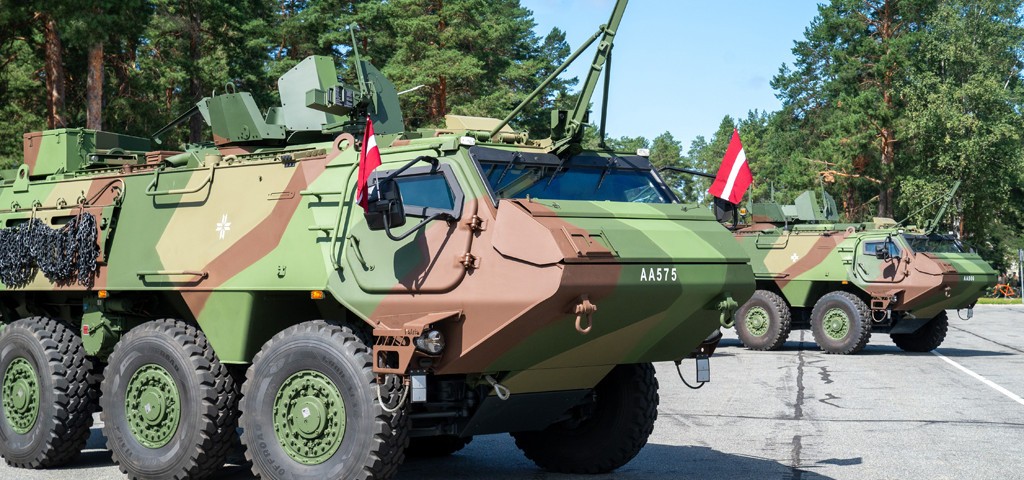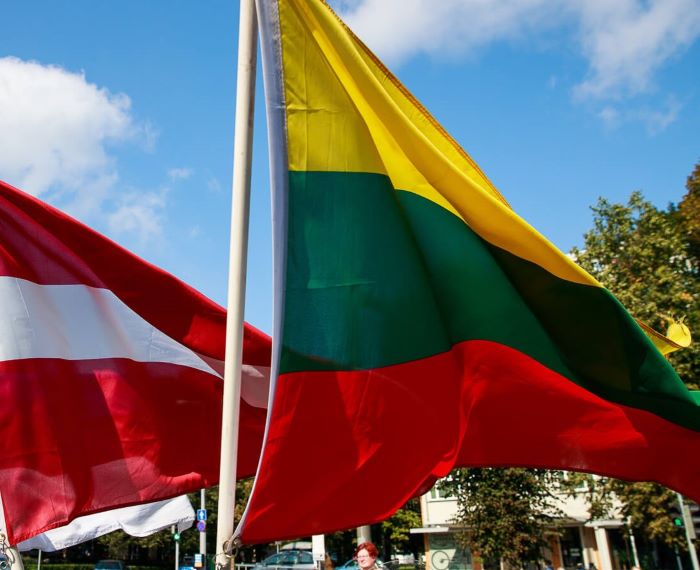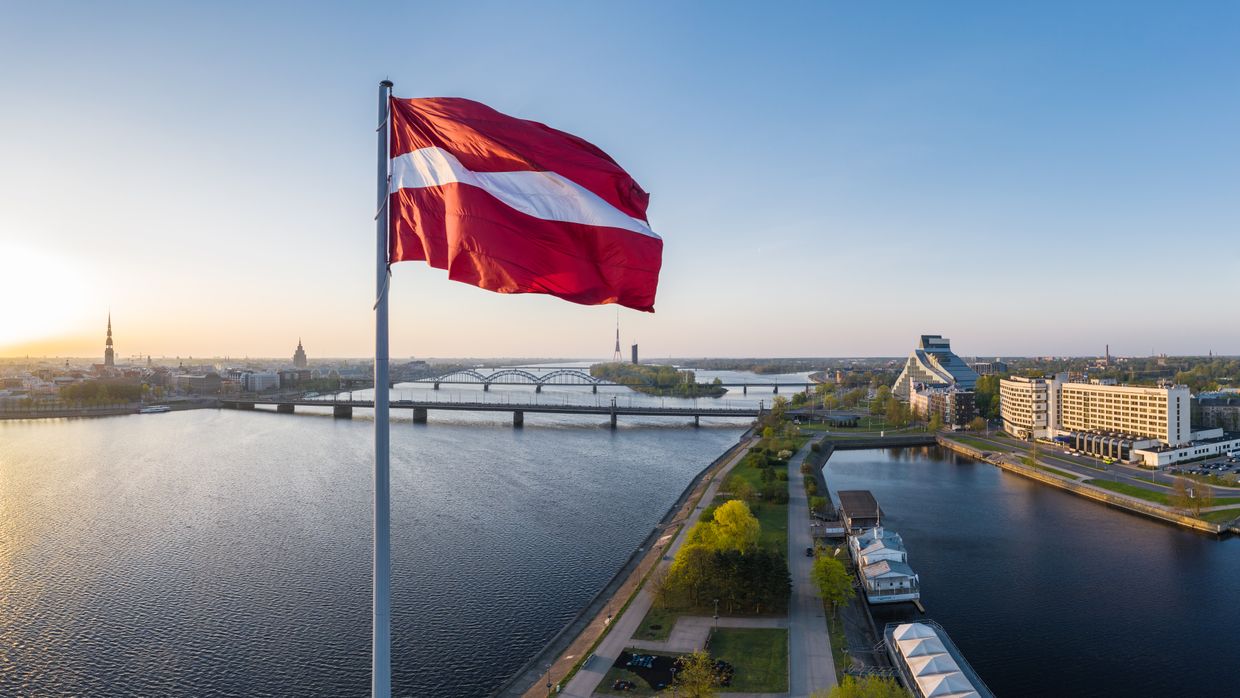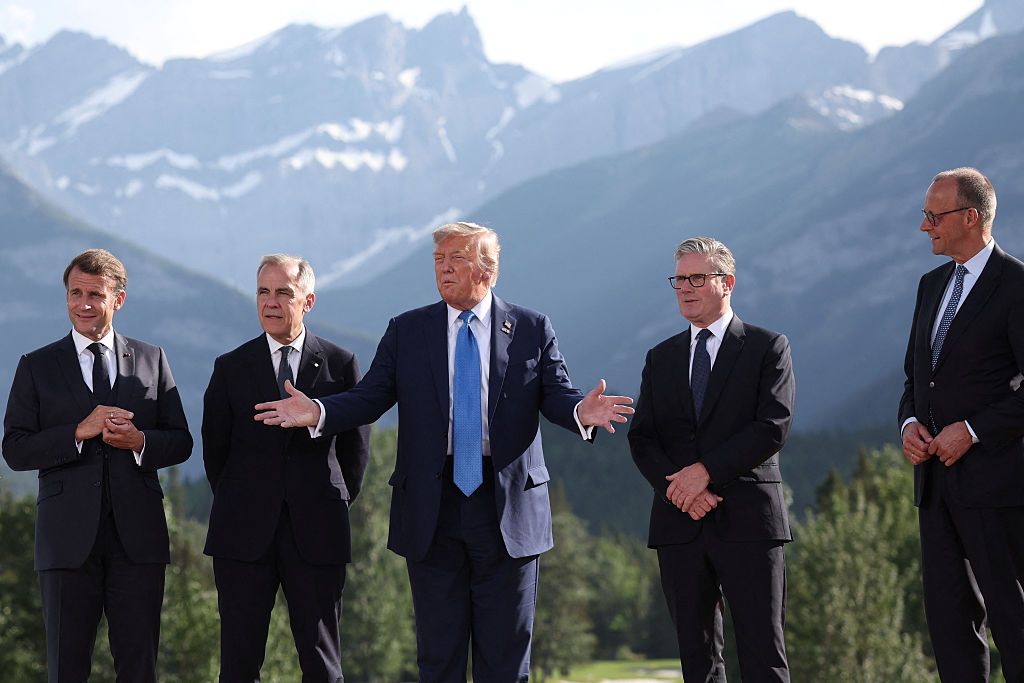Latvia delivers new batch of Patria armored vehicles to Ukraine

Ukraine’s Armed Forces have received a fresh delivery of Patria 6×6 armored personnel carriers manufactured in Latvia, according to Latvia’s Ministry of Defense. The shipment included additional equipment for Ukrainian military personnel.
Latvian Defense Minister Andris Spruds emphasized his country’s commitment to supporting Ukraine’s fight for independence.
“Latvia continues to support Ukraine in its struggle for independence and will do so for as long as necessary,” Spruds said, highlighting that the Patria armored vehicles will enhance Ukraine’s capabilities against Russian aggression.
The Latvian Defense Ministry noted the strategic value of the deployment: “In the hands of Ukrainian defenders, these Patria 6×6 armored personnel carriers will be used in the most difficult combat conditions. This will also allow us to gain valuable experience to strengthen Latvia’s defense.”
Latvia responded to Ukraine’s request in February this year by ordering the Patria 6×6 armored personnel carriers specifically for Ukrainian forces. Riga plans to deliver 42 such vehicles to Kyiv, along with additional military equipment, according to the Defense Ministry.
The delivery forms part of a broader international cooperation framework. Finland, Latvia, Sweden, and Germany signed a joint agreement on 30 August 2021, for the procurement of Patria 6×6 armored vehicles under an intergovernmental program. The agreement covers orders for more than 200 units.
Previous reports indicate that the first vehicles from Latvia were already delivered to Ukraine’s 3rd Separate Assault Brigade of the Armed Forces.
The Patria 6×6 armored personnel carrier represents a modern multi-purpose combat vehicle developed by Finnish company Patria. The vehicle is designed for personnel transport and combat operations at the front line.
According to specifications, the armor meets STANAG 4569 standards and protects crew members from small arms fire, artillery shell fragments, and mine explosions. The vehicle’s powerful engine and independent wheel suspension enable it to traverse difficult terrain and water obstacles while reaching speeds up to 100 km/h on roads. The operational range extends to 700 kilometers without refueling.



